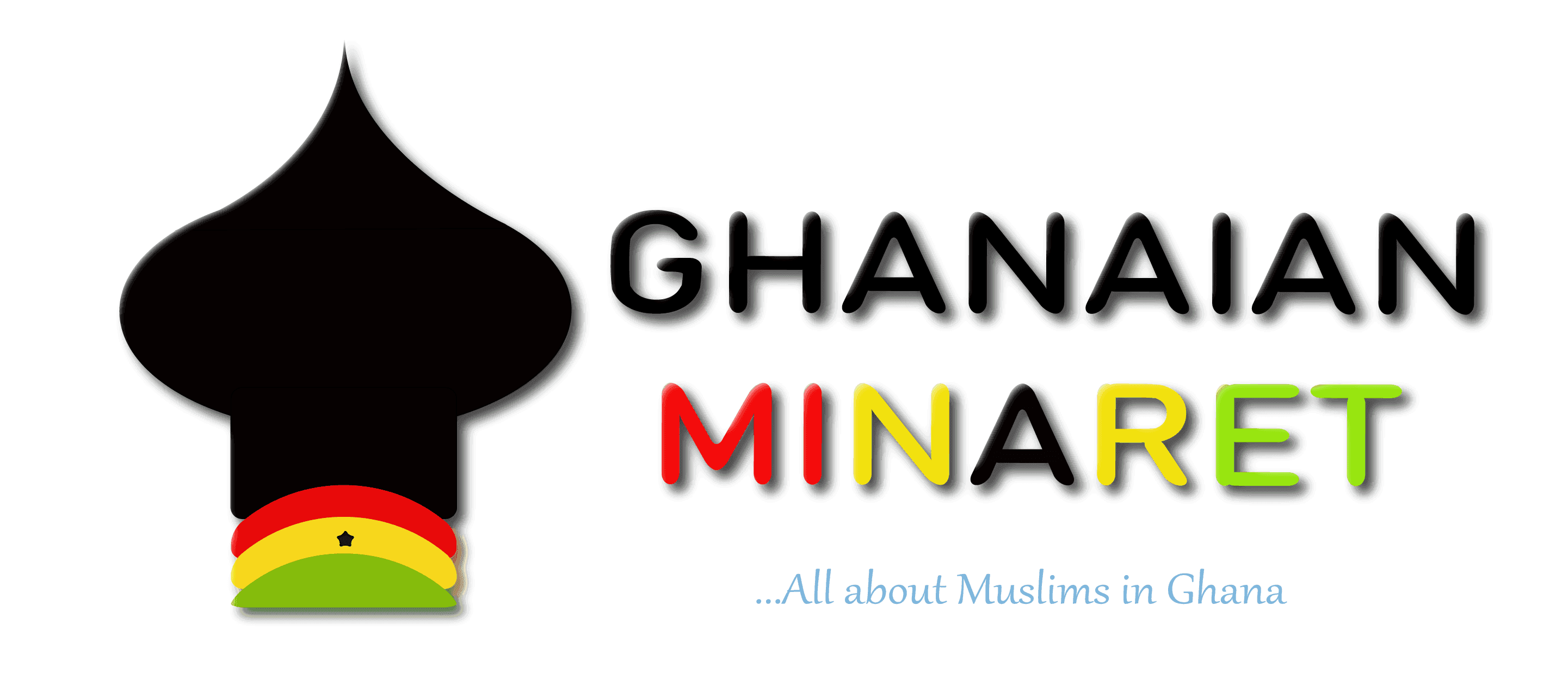Why the proposal to introduce Islamic banking is good for Ghana

This policy proposal is progressive and embraces diversity and wider financial inclusion.
It will provide additional sources of funding, deepen the implementation of public-private partnership law, and broaden financial intermediaries for the good of the economy, as it has the potential to attract a new crop of infrastructure investors.
Over the past two decades, various Ghanaians have advocated for the introduction of Islamic banking, also called banking without interest in Ghana.
It has been unsuccessful because of the limited understanding of the mechanics and operations of the Islamic banking and financial systems side by side with the traditional or conventional financial system that is currently in operation.
In the past ten years, the understanding and appreciation of Islamic banking have improved, with many desirous of participating in noninterest banking and financial products and services in Ghana.
The nature of Islamic banking and finance is such that it is examinable by all accounting and finance professional bodies globally and in Ghana.
Examples are the Chartered Institute of Management Accountants (CIMA), the Institute of Chartered Accountants, Ghana (ICAG), and the Association of Chartered Certified Accountants (ACCA), thereby providing basic human capital readiness for the takeoff of Islamic banking in Ghana.
All countries in West Africa are members of the Islamic Development Bank and have introduced Islamic banking in their countries, providing alternative sources of funding for roads, rail, housing, agriculture modernisation, and providing special finances directed towards financing policies and projects to reduce different types of poverty and women’s development.
A number of foreign banks operating in Ghana, such as Zenith, Stanbic, and Standard Chartered, have expertise in Islamic banking and capital markets from Nigeria, South Africa, and the United Kingdom.
The introduction of Islamic banking and finance in these countries provided financial diversity, inclusion, and choices for entrepreneurs and households.
Ghana will achieve broader inclusion if the NDC fulfils the manifesto promise to Ghanaians.
It has no backcrash with global conventional financial institutions such as the IMF, World Bank, and African Development Bank, as it has been embraced by these institutions with the IMF and World Bank to facilitate the issuance of Islamic bonds and help to design appropriate regulations.
Just as Ghana is a member of the World Bank Group, the IMF and the African Development Bank thus receive development finance, fiscal management, and technical support in the management of the economy.
Membership in the Islamic Development Bank will provide an added source of development funding in the provision of infrastructure and growth-orientated programs.
Islamic banks, participating in Islamic bonds to finance private and public projects, to scale up economic growth and development are the key opportunities awaiting Ghana from 2025 if the NDC implements the proposal in its 2024 manifesto.
Another opportunity is to diversify the banking sector and the capital market to provide alternative products and services to participants and to enhance the delivery of government projects.
Islamic Banking is poised to improve the environment to scale up implementation of public-private partnership programs of government when the NDC wins the 2024 elections.
In 2025, the NDC should start with an application to become a member of the Islamic Development Bank and engage in institutional and legal reforms to accommodate Islamic banking and finance to operate as part of the economic system.
The economy stands to benefit from new banking jobs, capital market jobs, and new benefits of corporate social responsibility to promote the ‘Soyaya’ funds to finance women entrepreneurs and facilitate new research jobs and jobs in the NGO space.
It will also create new accounting and auditing jobs and prioritise financing of commercial agriculture better.
It is clear from Nigeria, Kenya, South Africa, America, Japan, France, and many other countries that Islamic banking operates in the interest of government, businesses, and communities irrespective of a person’s religion.
Join our whatsapp channel for all the latest updates.
For news coverage, article publication, and advertisement, send an email to ghanaianminaret@gmail.com or reach us via whatsapp, telegram or phone call on +233266666773.

